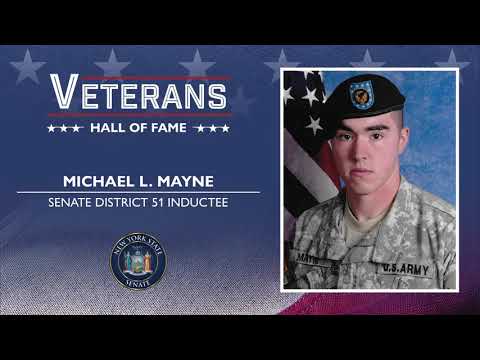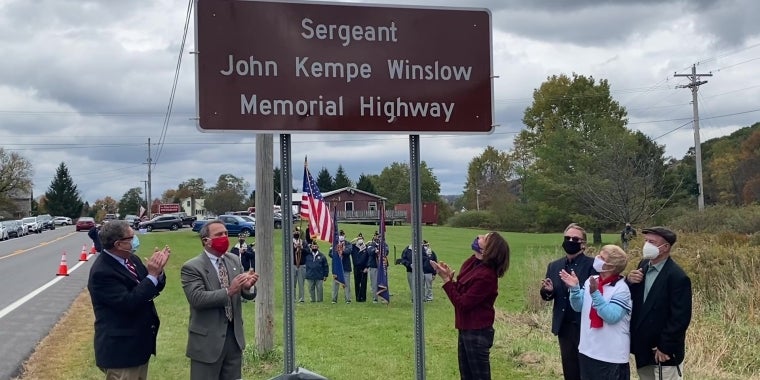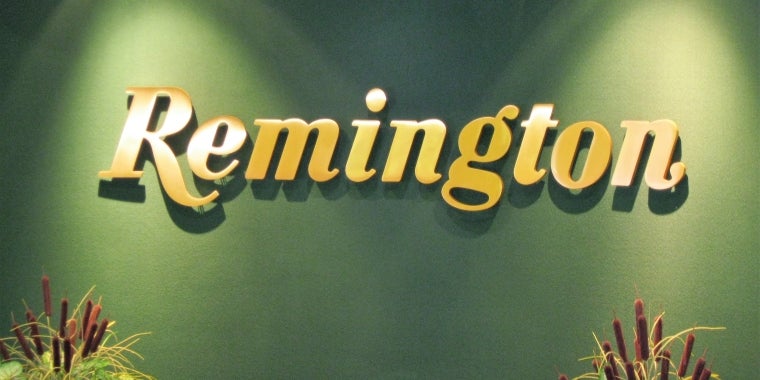
Senate Passes Procurement Lobbying Legislation
The New York State Senate today passed a bill (S.5873), sponsored by Senator George Winner (R-C, Elmira), that would enact comprehensive reforms to more effectively regulate the lobbying of government entities. The landmark legislation represent the most sweeping reform and overhaul of the state’s lobbying law in generations.
"We’re finally shining a light on the practice of government contract lobbying. This new law will provide a great deal of disclosure and transparency," said Senator Winner. "These are positive additions to the government reform scorecard."
"These government reforms build on the record we have established throughout the year, including important reforms to the legislative process, enacting an on-time budget, expanding the Freedom of Information Act, and now, strengthening the state laws pertaining to government lobbying. By putting these important reforms in place, we are continuing our ongoing reform effort and increasing openness and accountability."
The legislation would:
> Curtail lobbying for government contracts. For the first time, contractors seeking state business would only be allowed to contact designated contract officers at state agencies and authorities.
Governor George Pataki issued an executive order two years ago requiring all state agencies and authorities to publicly disclose information on procurement lobbying. This legislation requires state agencies and public authorities to designate contract officers. Contractors or their lobbyists would be prohibited from doing procurement contract business with any agency or authority official other than the designated contract officer.
> Disclose more information about lobbying. Lobbyists seeking to influence the awarding of state contracts, executive orders and tribal compacts would have to disclose their efforts to the state lobbying commission, in the same way required of lobbyists seeking to influence legislation;
> Provide new penalties for violations of the lobbying law. First-time violators would be subject to a fine of up to $10,000. A second violation within four years would result in a four-year ban from procurement lobbying. Any lobbyist violating an imposed ban on lobbying would be subject to a fine of up to $50,000, plus the amount of any compensation received by the lobbyist; and
> establish an 11-member advisory council on municipal lobbying to advise the state lobby commission on the implementation of the new procurement lobbying provisions.
The bill was sent to the Assembly.



